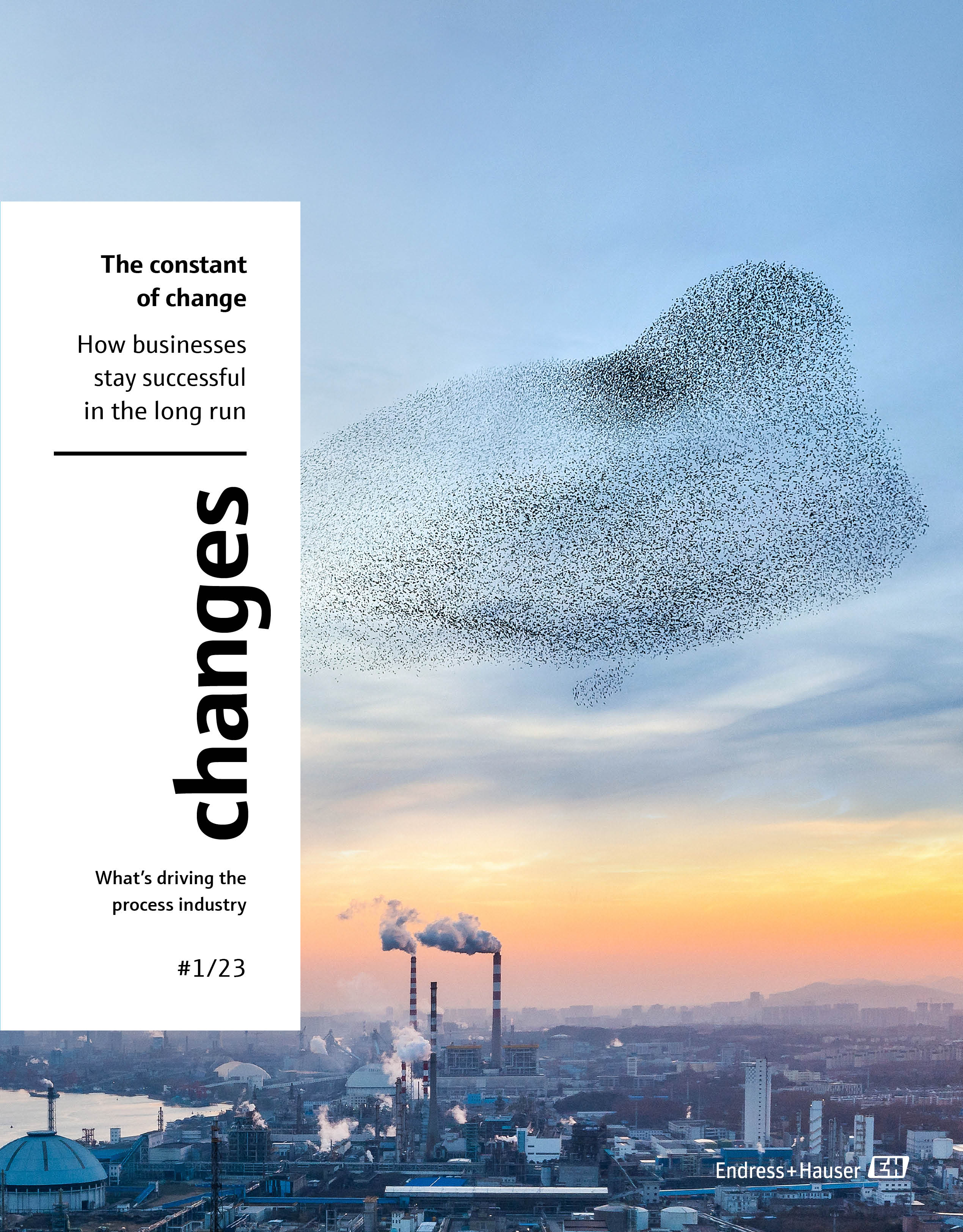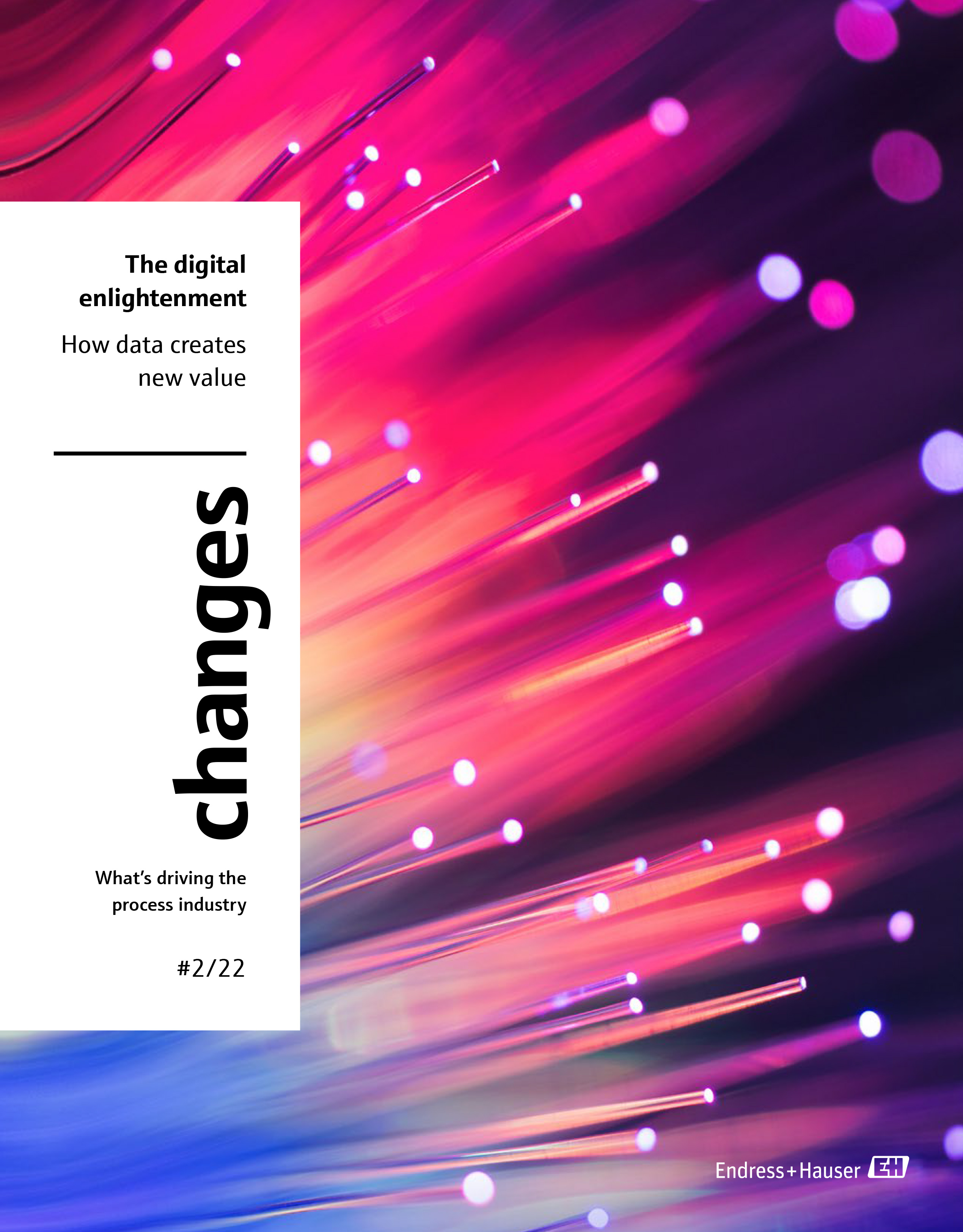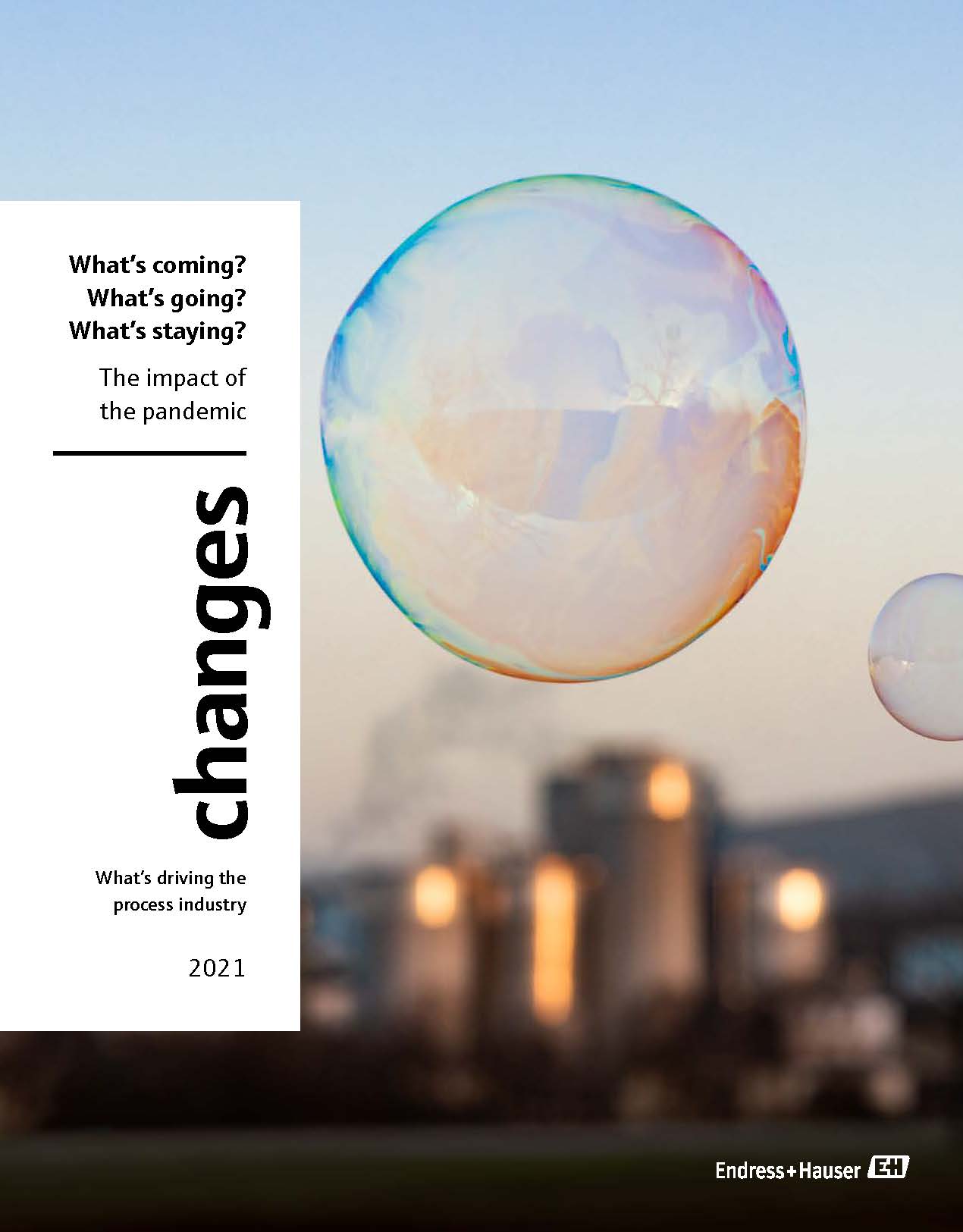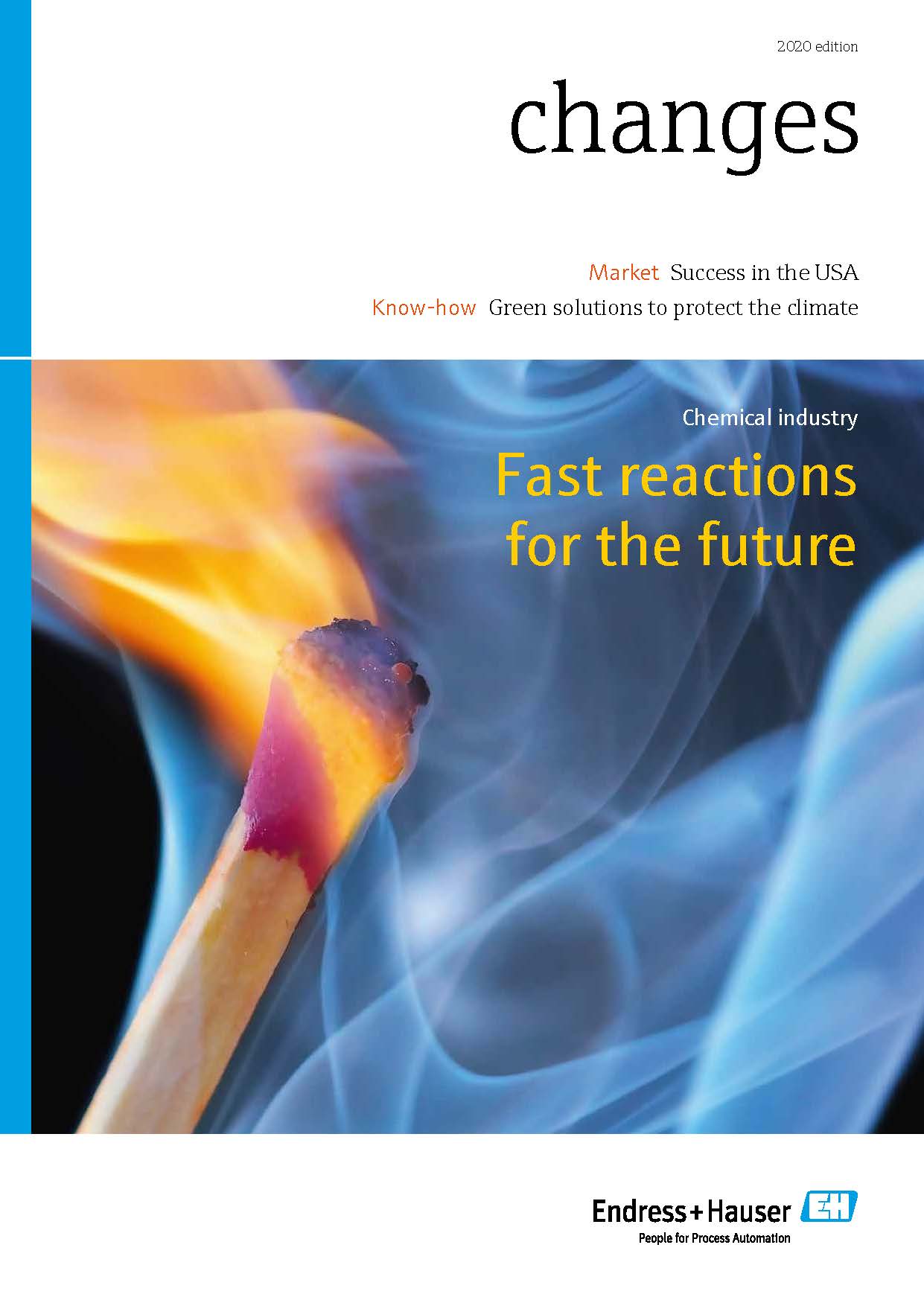A novel spin on beer testing
Are there bacteria in the fermenter that will spoil the beer? Laboratory analysis can answer this question, but it takes time. Now, a new system developed by Endress+Hauser enables on-site testing that is both quick and incredibly simple.

QUALITY ASSURANCE
Compared to water, beer is a safe drink. Its five percent alcohol content, slightly acidic pH value and near-zero oxygen content mean salmonella doesn’t stand a chance. But there are other bacteria and yeasts that have adapted to those conditions. Microorganisms that can spoil the beer may find their way in during the brewing process via ingredients, through contact with plant components or at the bottling stage – and compromise product quality over time. The result can be a beer that tastes or smells different, and may become cloudy, sour or unpalatable due to unpleasant aromas.
Breweries are keen on early detection of these impurities. Thus they run microbiological quality controls to prevent the spread of germs, the loss of entire batches or even product recalls. PCR laboratory analysis familiar from Covid-19 times represents the gold standard. “The lab procedure takes three and a half hours, using numerous machines in different rooms. Add to this the time needed to transport the sample, and two days can pass between extraction and result,” says Dr Nicholas Krohn, managing director of Endress+Hauser BioSense. The company is now helping brewers get there faster with a new PCR analysis system. With it they can test samples themselves, on site, for up to 18 beer-spoiling bacteria or yeasts. The small device is simple to operate and delivers results in under 90 minutes.
Centrifugal microfluidics is the core technology of this system. It allows minuscule amounts of liquid to be handled in the tiniest of spaces. “This means a single cartridge can carry out entire laboratory processes automatically at the touch of a button, without manual intervention for reagent handling. These lab-on-a-disc applications are already widespread in medical diagnostics. What we have done is transpose them into industrial process and laboratory automation,” says Nicholas Krohn. Another key element was an innovative sample concentration method developed by IST Innuscreen, an Endress+Hauser Group company. “The process doesn’t require centrifugation, filtration or flocculation, so it needs no special equipment or training. Any employee can prepare a sample for analysis in just a few simple steps,” Krohn is convinced.
Published 20.12.2024, last updated 20.01.2025.
Dive into the world of the process industry through new exciting stories every month with our «changes» newsletter!









